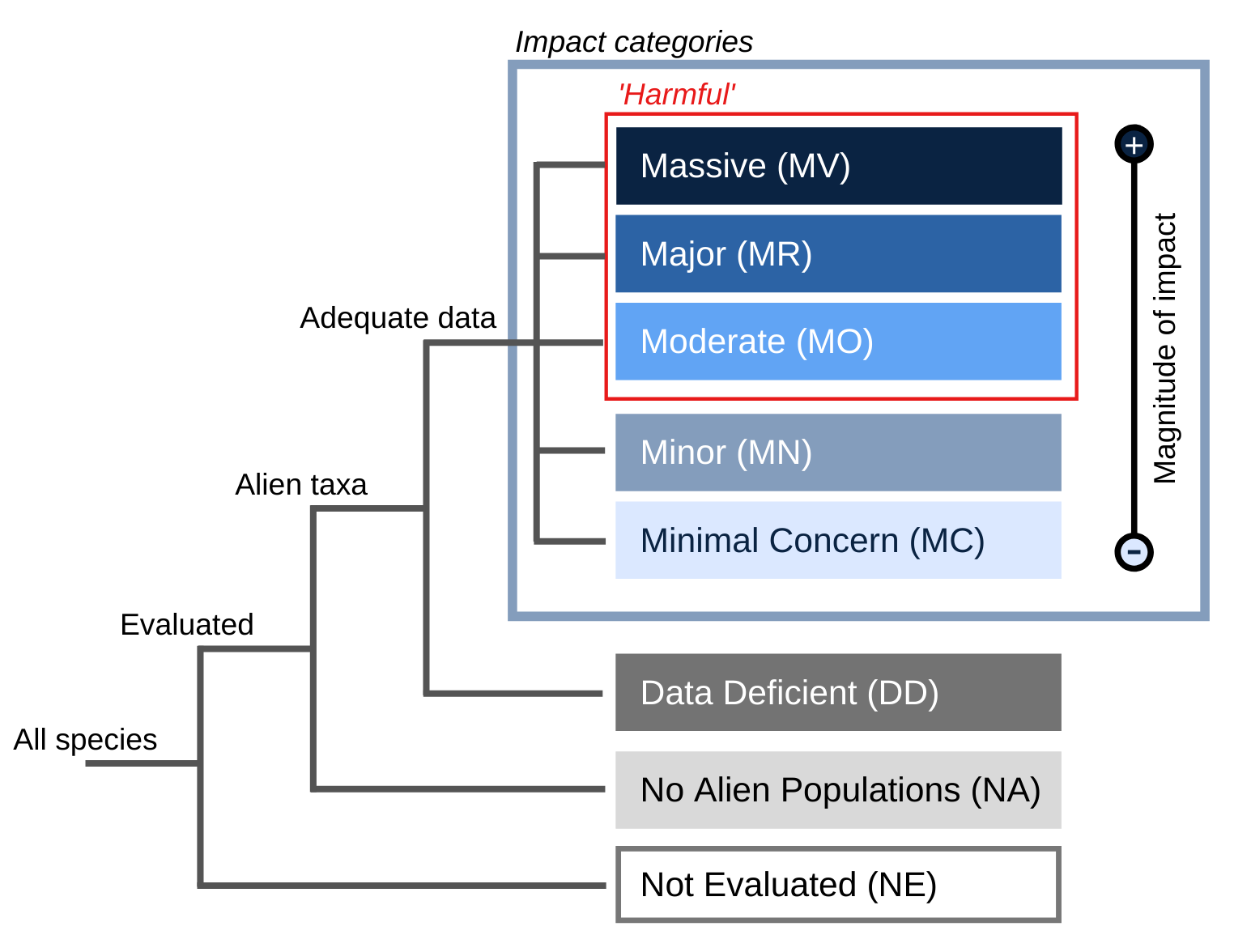- General
- Distribution
- Impact
- Management
- Bibliography
- Contact
Principal source: Department of the Environment and Heritage, 2003 Senegal tea plant Gymnocoronis spilanthoides
Compiler: National Biological Information Infrastructure (NBII) & IUCN/SSC Invasive Species Specialist Group (ISSG) with support from the Terrestrial and Freshwater Biodiversity Information System (TFBIS) Programme (Copyright statement)
Review: Dr Gabrielle Vivian-Smith Senior Scientist (Weed Ecology) Alan Fletcher Research Station Department of Natural Resources, Mines and CRC for Australian Weed Management. Australia
Publication date: 2006-11-28
Recommended citation: Global Invasive Species Database (2025) Species profile: Gymnocoronis spilanthoides. Downloaded from http://iucngisd.org/gisd/species.php?sc=863 on 30-03-2025.
Cultural: As with all weed management, prevention is better and more cost effective than control. In Australia it is illegal to cultivate G. spilanthoides in most states and territories as it is a declared noxious weed. However, Senegal tea has been cultivated as both an aquarium plant and as a garden/ornanmental pond plant that attracts butterfly species. Vendor , state or territory weed control contacts should be contacted if G. spilanthoides is found to be for sale. Early detection and eradication are also important to prevent the spread G. spilanthoides. Small infestations can be eradicated if they are detected early but an ongoing commitment is needed to ensure new infestations do not establish (The Department of the Environment and Heritage, 2003). One should avoid buying seeds on the internet or from mail order catalogues to ensure they are free of weeds like G. spilanthoides (The Department of the Environment and Heritage, 2003). A statement of uses should also be included in here. In Australia, Senegal tea has been cultivated as both an aquarium plant and as a garden/ornamental pond plant that attracts butterfly species. Senegal tea is a resilient ornamental plant, it is also eaten by stock and has been noted as providing winter grazing in wet areas.
Chemical: Long-term experience with glyphosate has shown it is not an effective eradication tool in south east Queensland. Some of the problems arise from the problem that it is non-selective and also kills native species such as swamp grasses and sedges. It also has no residual effect which means it creates a gap which is flooded by light, an ideal seedbed for senegal tea to re-grown. In addition, the plant fragments after toxin application, resulting in leaf abscission and propagule formation.







